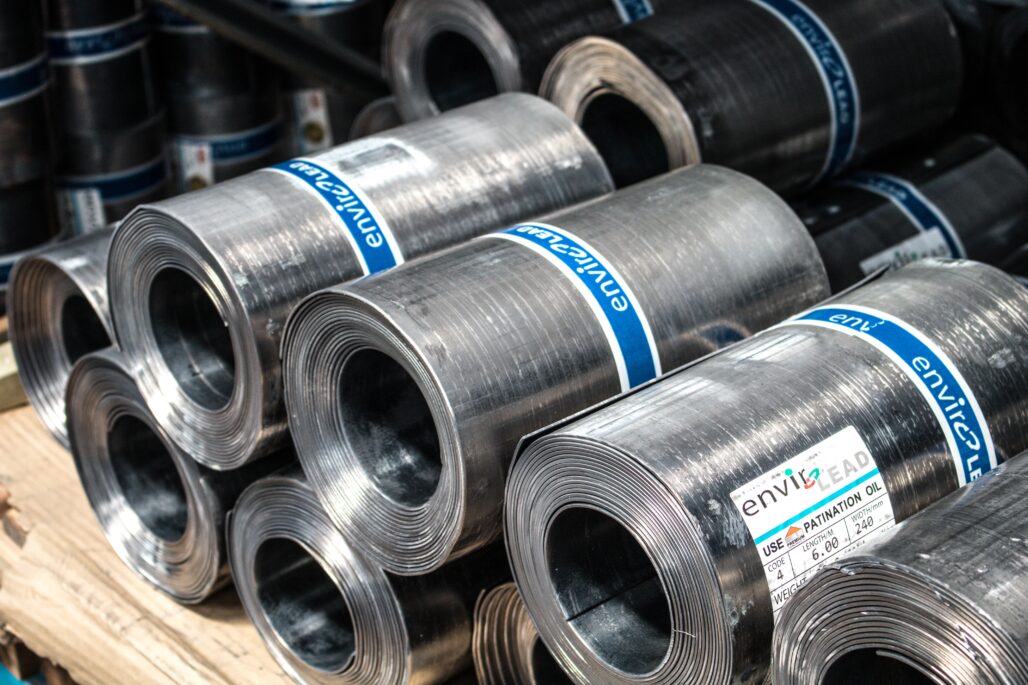The steel industry has traditionally been a big contributor to global CO2 emissions, but current developments indicate that this may become a thing of the past. Our new system integration project Steel2Chemicals is a joint initiative to develop a circular carbon chain with the steel industry. Steel2Chemicals (S2C) is based on high-end technology and will be kicked off in the Netherlands and Belgium.
Valorizing Carbon-Monoxide
Although the Benelux steel industry is very efficient, they still contribute much to worldwide CO2 emission. The S2C project therefore aims to valorize Carbon-Monoxide (CO) produced in the steel-making processes of ArcelorMittal and Tata Steel. Currently, CO is used for energy-generation and it thus produces CO2. The investigation is essentially focused on a reaction between renewable hydrogen (H2) and CO to produce synthetic naphtha. This will be evaluated as feedstock for the Dow steam cracker in Terneuzen, which produces chemical building blocks for a host of chemical products.

Technological challenges
The chemical conversion of CO from sources such as blast furnaces provides several major technological challenges. Primarily, the gas also contains a lot of inert CO2 and N2. This will impact the conversion of CO, the subsequent products separation and size of the required facilities. Next to that, steel gas contains several impurities, that could affect the catalysts that convert CO. And then there is a challenge concerning the operational fluctuations related to the blast furnace operations, testing the robustness of the CO conversion process.
Converting CO
To overcome these challenges, the S2C project first of all aims to explore the performance for a new catalyst under commercial conditions – converting CO together with H2 into high quality naphtha. This will be tested on a meaningful scale in a pilot plant. Here, the project team can establish technical performance, economic feasibility and impact on the environment when production is scaled up. Next to that, constructive research will be conducted regarding the separation of CO, CO2 and N2. Lastly, robustness and replication possibilities within the steel industry will be researched and validated.
Mobile pilot plant
The consortium will design and build a mobile pilot plant where they can produce synthetic naphtha. This will be applied as substitute feedstock for the chemical industry and the quality will be validated at Ghent University. An important research condition is that the mobile plant will be put into use at two different locations – to determine reproducibility in different environments. Based on a broad system analysis, other potential CO conversion routes can be studied towards the final project phase as well. The research will not only focus on CO and its reactions, but also on sustainable hydrogen (the second important component in synthesis gas). Aspects related to the integrated CO2 and N2 capture, are included as well, as both are very important to the Dutch energy transition.
Translating ambitions into reality
To achieve relevant and implementable results, research to further develop CO conversion technology in a relevant environment will be established. In addition, new value chains for valorization of industrial waste gases will be identified and evaluated, and technical, economical and Life Cycle Analysis data for the development of future demonstration projects will be delivered.
The final combined results will give a detailed insight into the technical and economical feasibility of the next steps. This should allow the participating parties to make a well-founded decision on a possible follow-up in a demonstration phase. Quite a few steps still need to be taken before large scale implementation can become reality, but the joint forces of the S2C research participants are ambitious at the least: they aim for a massive CO2 reduction in the steel industry.
Read more about Steel2Chemicals
Steel2Chemicals is a joint initiative between Dow, Tata Steel, ArcelorMittal, TNO.ECN, Ghent University and Institute for Sustainable Process Technology (ISPT).
Acknowledgement
This project is co-funded by TKI-E&I with the supplementary grant 'TKI- Toeslag' for Topconsortia for Knowledge and Innovation (TKI’s) of the Ministry of Economic Affairs and Climate Policy.